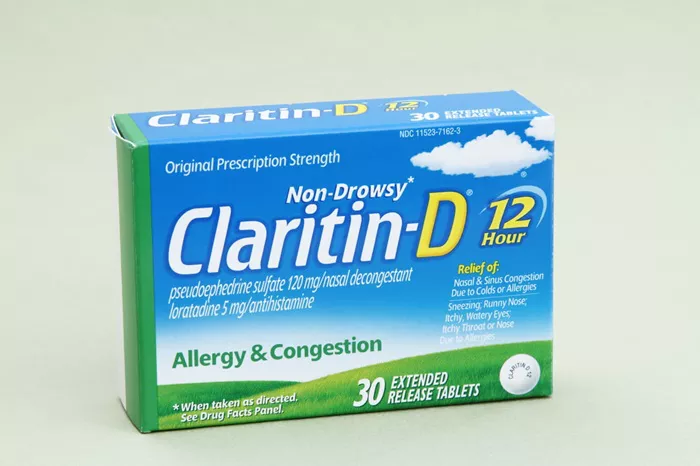Recent research highlights the growing connection between oral health and liver disease, particularly how periodontal disease (gum disease) may worsen chronic liver conditions like cirrhosis, metabolic dysfunction-associated steatotic liver disease (MASLD), and alcohol-related liver disease. Though the mouth and liver are separated in both location and function, a review by an international group of researchers argues these two systems are more closely linked than previously understood.
Periodontitis, a severe form of gum disease, is a common, age-related condition that worsens with factors like smoking, alcohol use, and poor dental care. Many liver disease patients share these same risk factors, and often, their oral health is neglected. However, the review suggests this oversight could exacerbate liver disease.
The study introduces the concept of the “oral-gut-liver axis,” a term describing the interaction between oral bacteria, the gut microbiome, and liver function. Pathogenic bacteria from the mouth can enter the bloodstream or gut during daily activities. Once in the gut, they may disrupt the microbiome, increase gut permeability, and allow harmful substances like endotoxins to reach the liver, triggering inflammation.
Animal studies support this theory, showing that certain oral bacteria, such as Porphyromonas gingivalis, can worsen liver disease in animals. These bacteria or their byproducts have even been found in liver tissue, suggesting that they can travel from the mouth to the liver.
Inflammation plays a central role in this connection. Chronic gum disease causes the release of pro-inflammatory cytokines, like TNF-alpha and IL-6, which are linked to liver disease progression. The review also mentions the involvement of Th17 cells, immune cells activated by oral pathogens that may worsen metabolic dysfunction in the liver. This creates a cycle where oral inflammation accelerates liver damage, and liver disease worsens oral health.
Clinical data supports these findings. Patients with cirrhosis show significantly worse oral health than the general population. Studies also suggest that periodontal disease may contribute to the high mortality rates in cirrhosis patients. For those with MASLD, the link between periodontitis and liver disease is also strong, with studies showing that periodontal treatment may improve liver function.
Although more research is needed, the authors of the review suggest that addressing oral health in liver disease management could be beneficial. They call for closer collaboration between gastroenterologists, hepatologists, and dental professionals to ensure better care for patients. Until more definitive evidence emerges, taking care of oral health through brushing, flossing, and regular dental visits could play a crucial role in managing liver disease. Researchers also advocate for larger trials to test whether treating gum disease could slow liver disease progression.
Related Topics



































